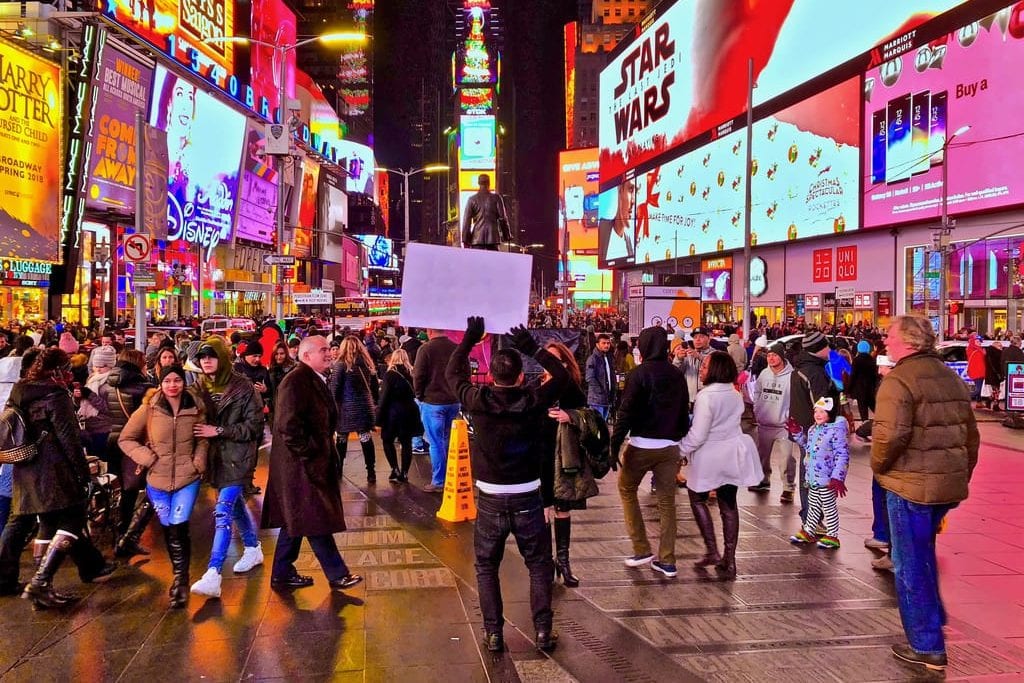International Visitors to U.S. This Year Expected to Break Record After Data Glitch Fix

Skift Take
The U.S. Department of Commerce released a cheerful forecast of international visitation to the United States for the next five years after suspending visitor data earlier this year over a computer glitch and revising past data.
The Commerce Department's latest projections, released this week, show that more than 95 million international travelers will visit the United States in 2023. The latest forecast is also more optimistic for 2018 from the the last update in January – the department projects more than 81 million international arrivals, a record, compared to its previous forecast of 78 million.
If the projections pan out, international arrivals would grow nearly 6 percent year-over-year for 2018, marking a turnaround from two years of sluggish growth. When excluding Canada and Mexico, overseas arrivals would still grow 5 percent year-over-year for 2018.
By 2023, some standout markets would include India, Colombia, and China, which are predicted to grow 46, 35, and 30 percent, respectively, from 2017 to 2023. These three countries are already among the fastest-growing overseas markets for the United States.
While a lot could change in the next few years to either boost or derail these projections, the commerce department's latest forecast is good news for the U.S. travel industry that didn't have access to the department's official visitor data for nearly a year. The department suspended visitor data releases in April after it said it was investigating errors in data collection at multiple U.S. Customs and Border Protection kiosks at airports across the country.
In September, the department announced it had corrected the kiosk issue and revised data for the past two years, indicating to many travel brands that the so-called "Trump slump" wasn't as severe as they expected. The U.S. Travel Association and CEOs of major U.S. hotel companies such as Marriott and Hilton met with President Donald Trump at the White House in September to discuss the importance of international tourism for economic growth, and it remains to be seen what impact that meeting has had on the administration's tourism policy.
The commerce department said it uses economic, demographic, and social factors, along with the department's historical visitation trends and input from the department's overseas markets staff, to form the projections.
Since the global financial crisis in 2009, international arrivals to the U.S. grew an average of 3.5 percent per year, which would put the 2018 projection of near 6 percent above average for the past decade.
But it’s important to remember that while the United States’ international arrivals have continued to grow during the past three years, many other countries in Europe and Asia have grabbed more global market share than the United States.




